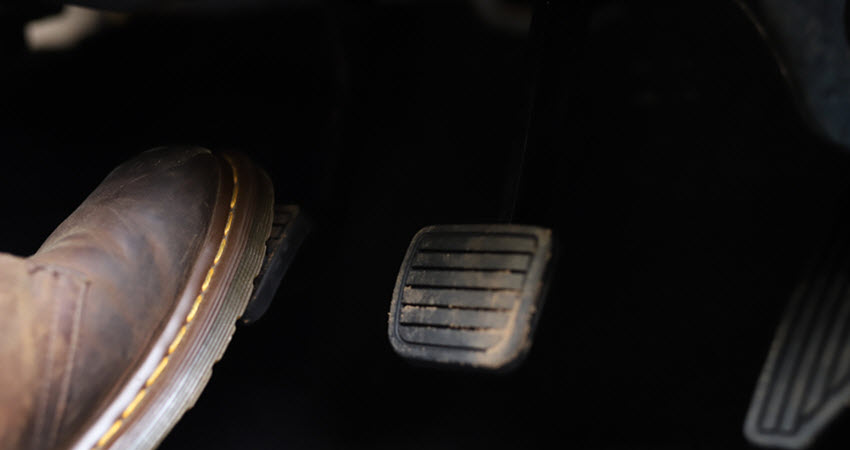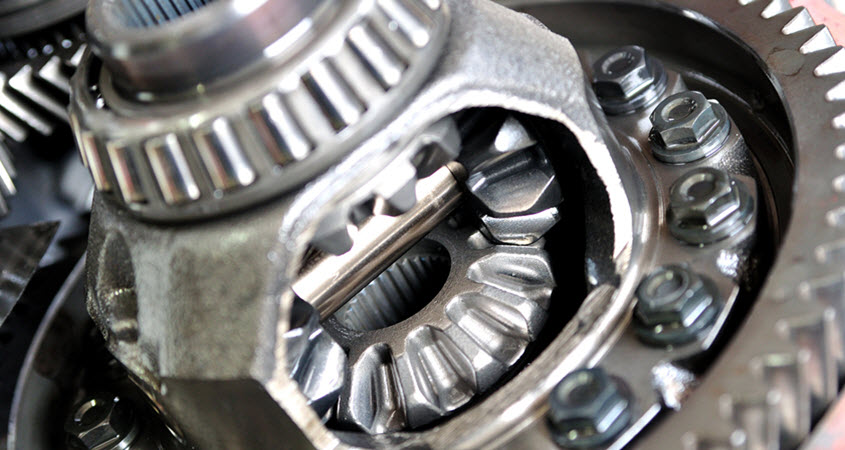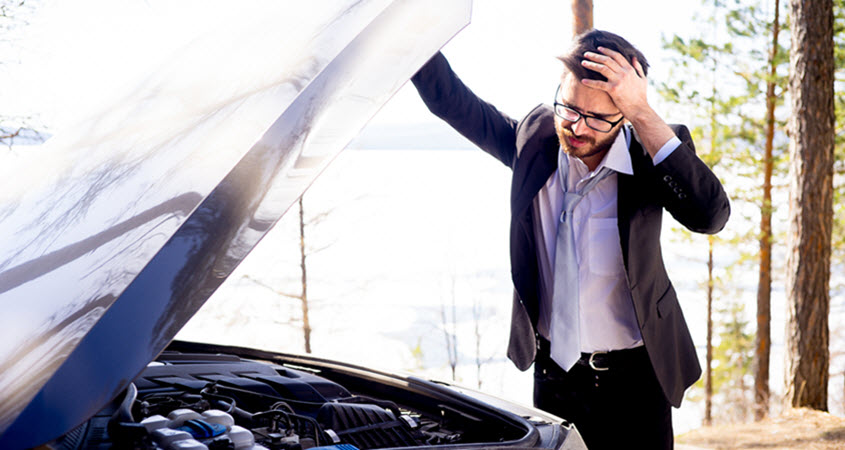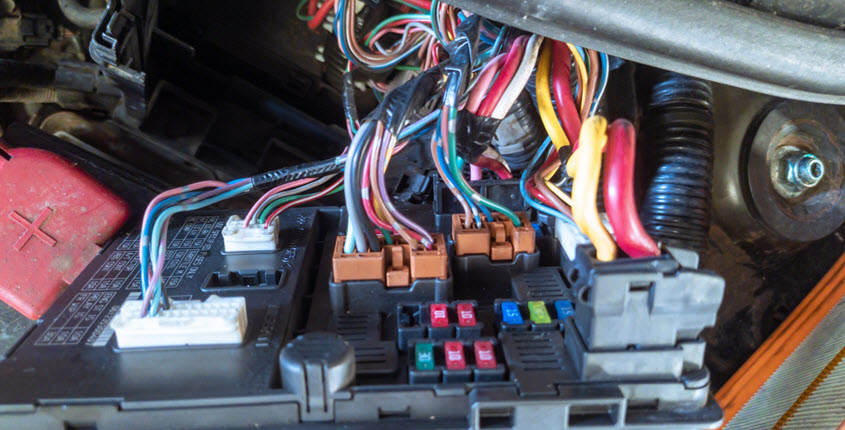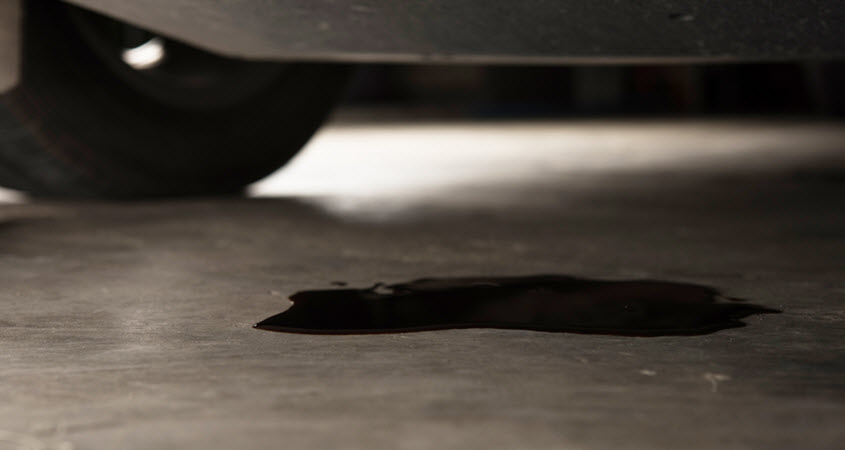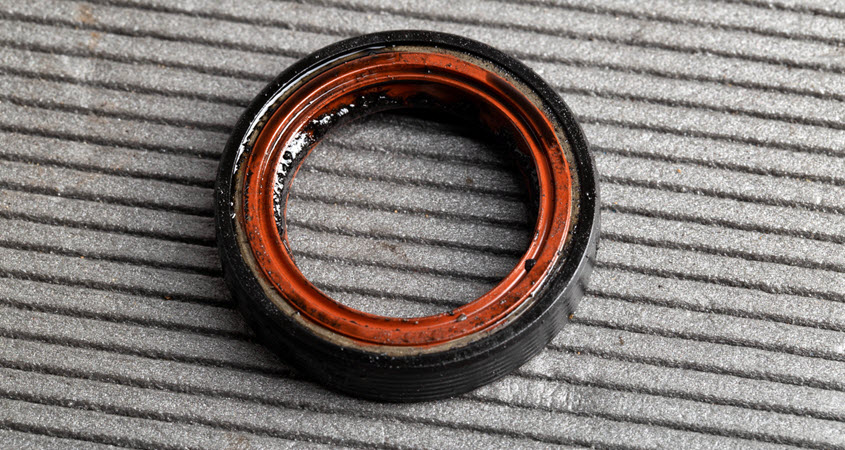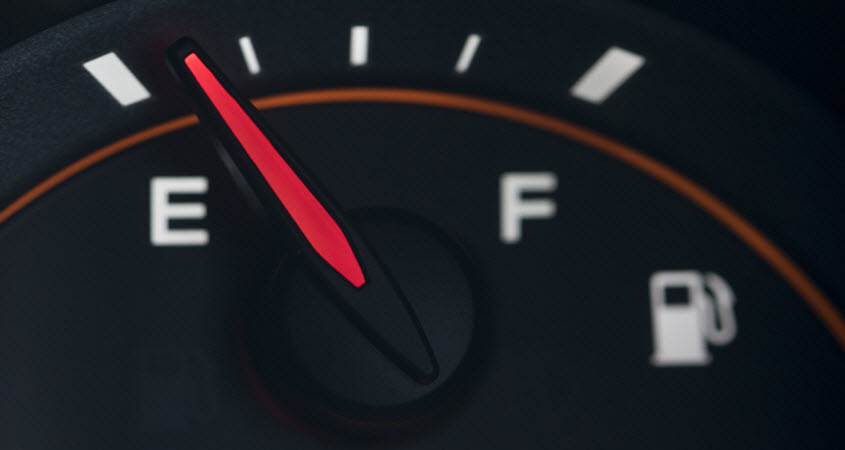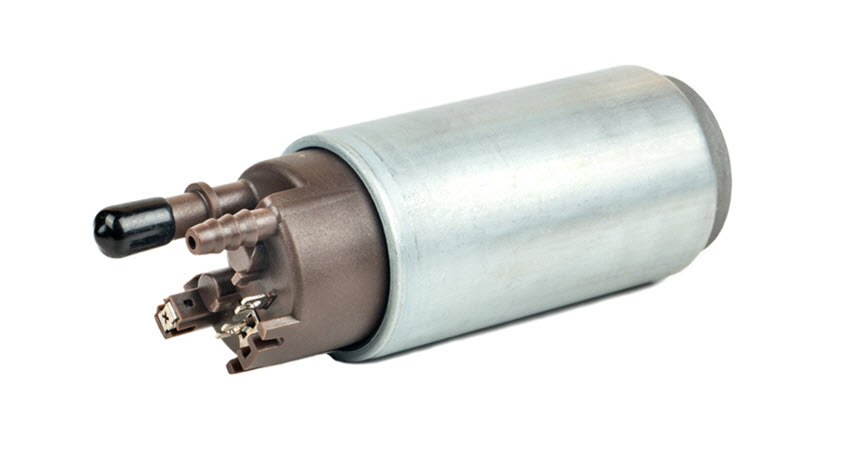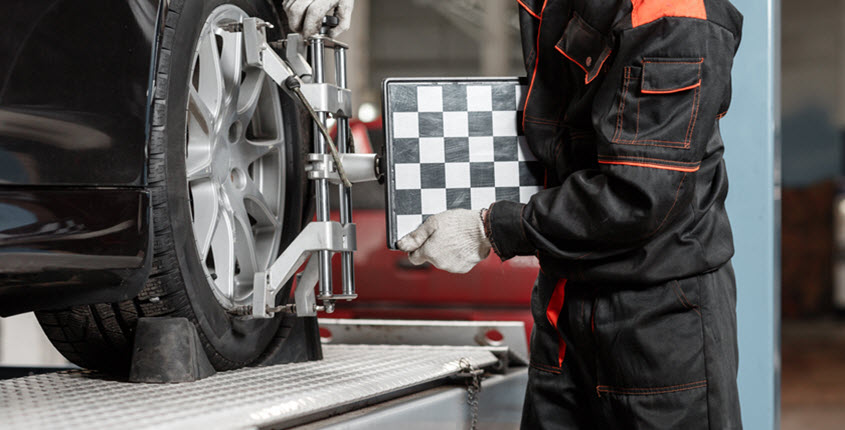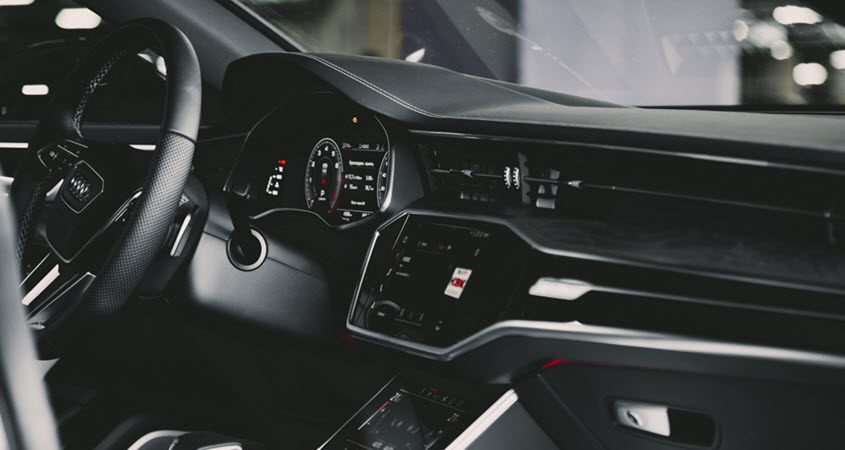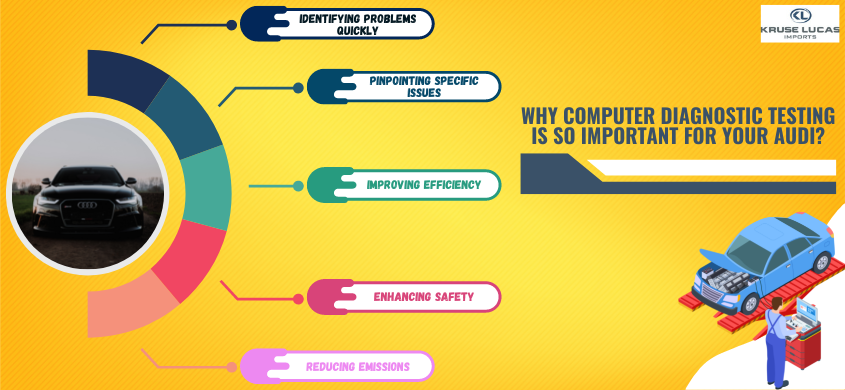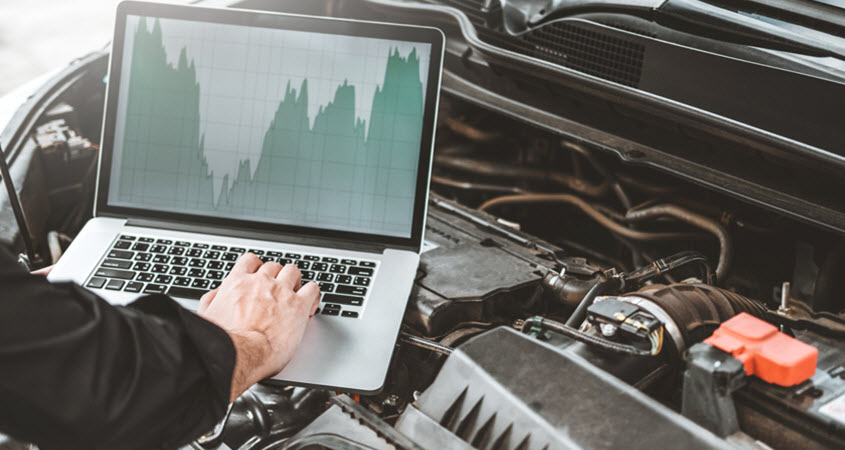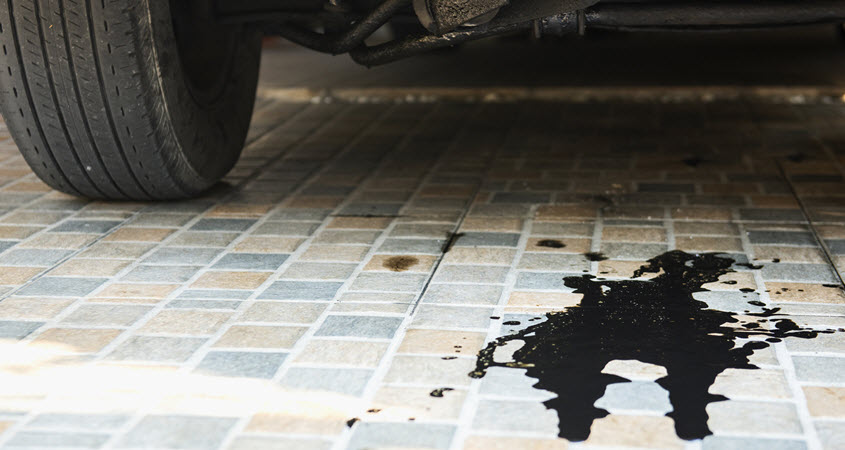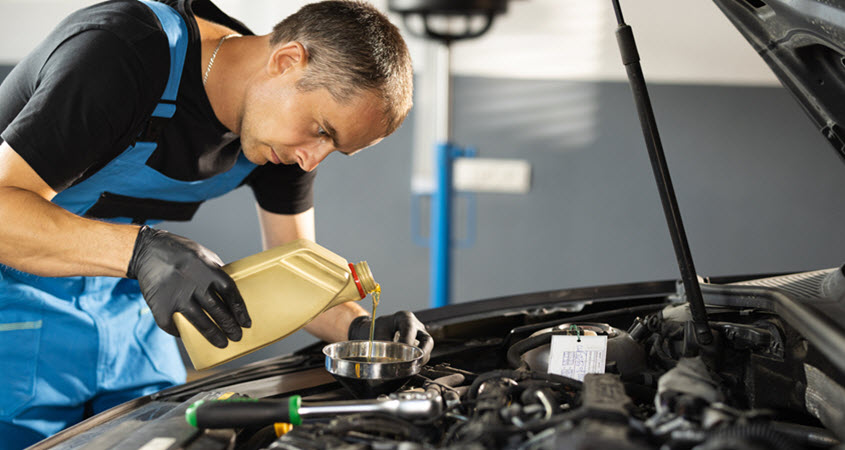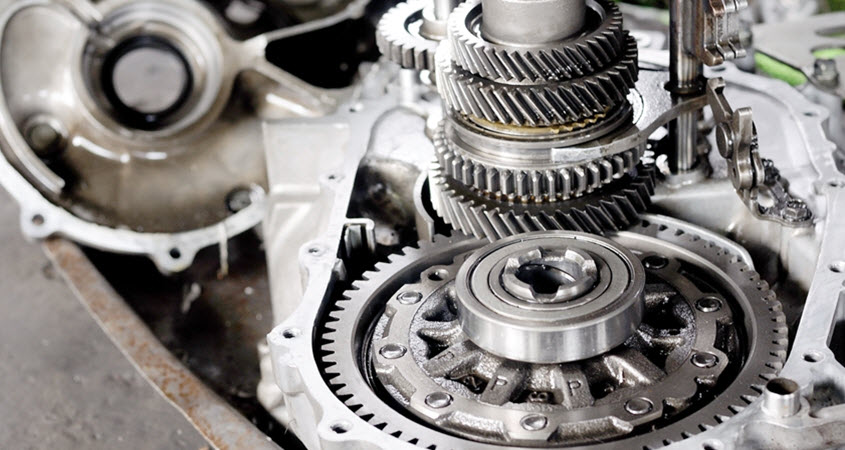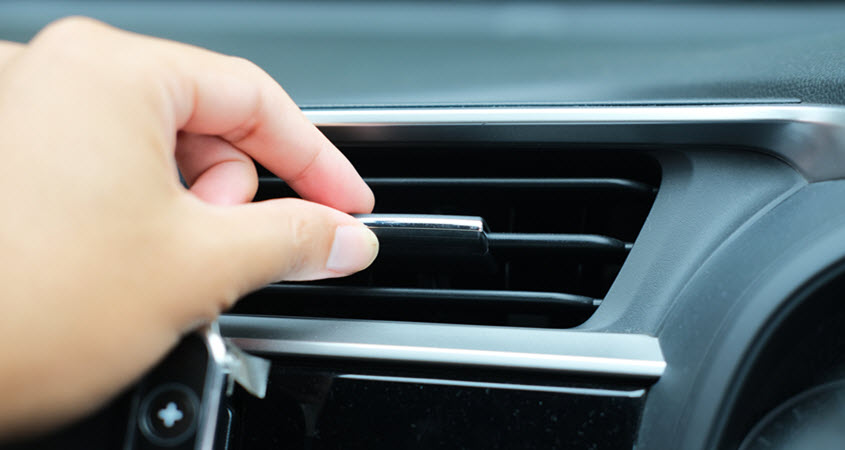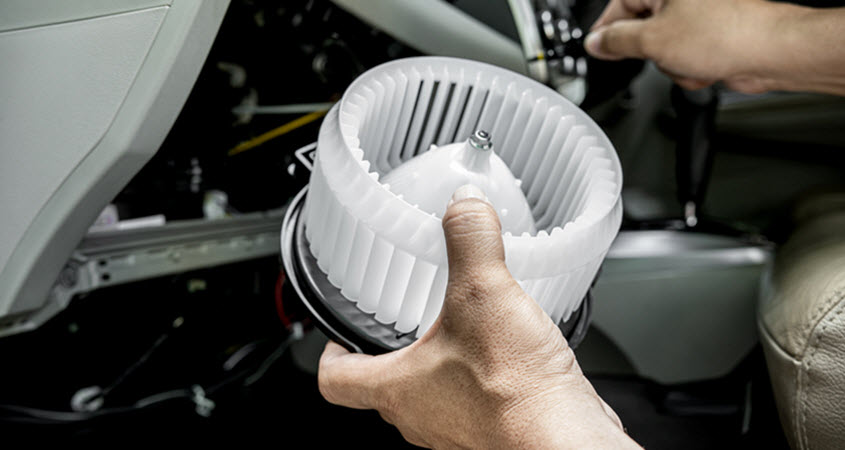The Maserati brand has long been associated with luxury, style, and exceptional performance. However, even the finest automobiles can experience mechanical issues, and one common problem that Maserati owners may encounter is a malfunctioning clutch. Dealing with a faulty clutch can be frustrating and potentially costly. Here are some effective tips and guidelines to help you handle a malfunctioning Maserati clutch, ensuring a smoother driving experience and minimizing any potential damage.
Recognizing the Signs of a Malfunctioning Clutch
Before diving into the troubleshooting process, it’s crucial to recognize the signs that indicate your Maserati clutch is experiencing issues. Some common symptoms of a malfunctioning clutch include:
- Slippage: If you notice a sudden increase in engine RPM while the vehicle is moving, accompanied by a lack of power delivery to the wheels, it may indicate a slipping clutch.
- Difficulty in Shifting Gears: If you experience resistance or grinding noises when shifting gears or if the gear lever feels unusually loose, there may be a problem with the clutch.
- Burning Smell: A burnt odor coming from the clutch area, often accompanied by a noticeable decrease in performance, can indicate excessive clutch slippage or improper engagement.
Initial Steps to Take
When you suspect a malfunctioning Maserati clutch, it is essential to take immediate action to prevent further damage. Here are some initial steps you can take:
- Park in a Safe Location: Find a safe spot to park your vehicle away from traffic. Avoid stopping on an incline, as it may worsen the problem when you try to move again.
- Engage the Parking Brake: To ensure your Maserati remains stationary, engage the parking brake before turning off the engine.
- Allow Cooling Time: Let the engine cool down before attempting to inspect the clutch system. This will reduce the risk of burns or other accidents.
Professional Assistance and DIY Approaches
When dealing with a malfunctioning Maserati clutch, you have two main options: seeking professional assistance or attempting a DIY approach. Consider the following guidelines:
- Professional Assistance: Given the intricate nature of the clutch system, it is often recommended to seek professional help from experienced Maserati mechanics or authorized service centers. They have the expertise and specialized tools to diagnose and repair the issue accurately.
- DIY Approaches: If you possess the necessary mechanical knowledge and skills, you may attempt some basic troubleshooting steps. However, be cautious, as Maserati vehicles require precision and specific expertise. DIY approaches may involve checking clutch fluid levels, inspecting the clutch pedal for damage or wear, or adjusting the clutch cable or hydraulic system. It’s crucial to consult the vehicle’s user manual or reliable online resources for guidance and exercise caution to avoid exacerbating the problem.
Preventive Maintenance and Care
To minimize the chances of a malfunctioning clutch in your Maserati, it’s essential to practice preventive maintenance and care:
- Regular Servicing: Adhere to the recommended service intervals provided by Maserati. Regular maintenance ensures that the clutch system is inspected, adjusted, and lubricated as necessary, reducing the likelihood of premature failure.
- Gentle Driving Techniques: Avoid aggressive driving habits such as excessive clutch slipping, rapid gear changes, and excessive acceleration, as they can place undue stress on the clutch components.
- Clutch Engagement: Develop smooth clutch engagement techniques by gradually releasing the pedal and avoiding unnecessary slipping. Proper clutch engagement reduces wear and tear on the clutch plates.
A malfunctioning Maserati clutch can be a source of frustration for any owner. However, by recognizing the signs of a faulty clutch, taking immediate action, and following the appropriate steps, you can effectively deal with the issue. Remember, a Maserati is a high-performance machine that requires specialized attention. If you’re unsure about any aspect of diagnosing or repairing a malfunctioning clutch, it’s always best to seek professional help to ensure the longevity and optimal performance of your vehicle.
By staying proactive and maintaining a regular servicing schedule, you can catch potential clutch issues early on and address them promptly. Your Maserati will thank you with smooth gear shifts, improved performance, and a longer lifespan for the clutch system.
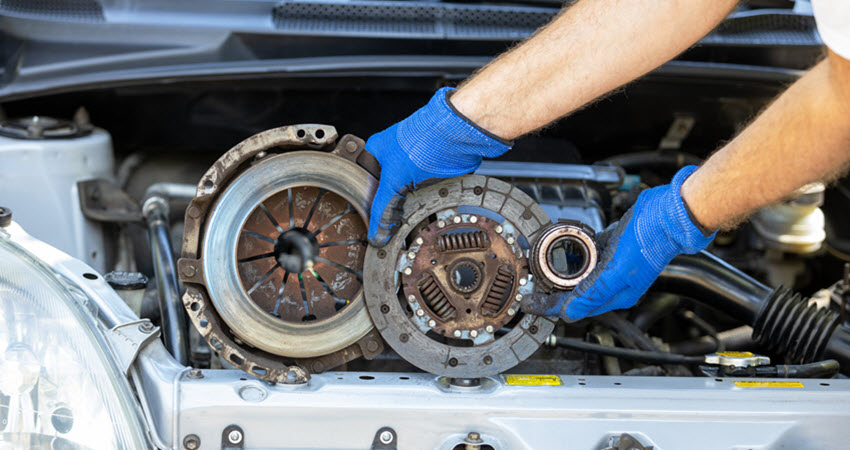
Kruse Lucas Imports Can Take Care of Your Malfunctioning Maserati Clutch
Kruse Lucas Imports specializes in resolving issues with your Maserati’s malfunctioning clutch. Our team of highly skilled mechanics is renowned for delivering exceptional service in Manteca, Oakdale, Ripon, Turlock, and Modesto, CA. To book an appointment with our friendly staff, contact us at (209) 529-9111 today.
 525 Tully Road
525 Tully Road (209) 529-9111
(209) 529-9111

